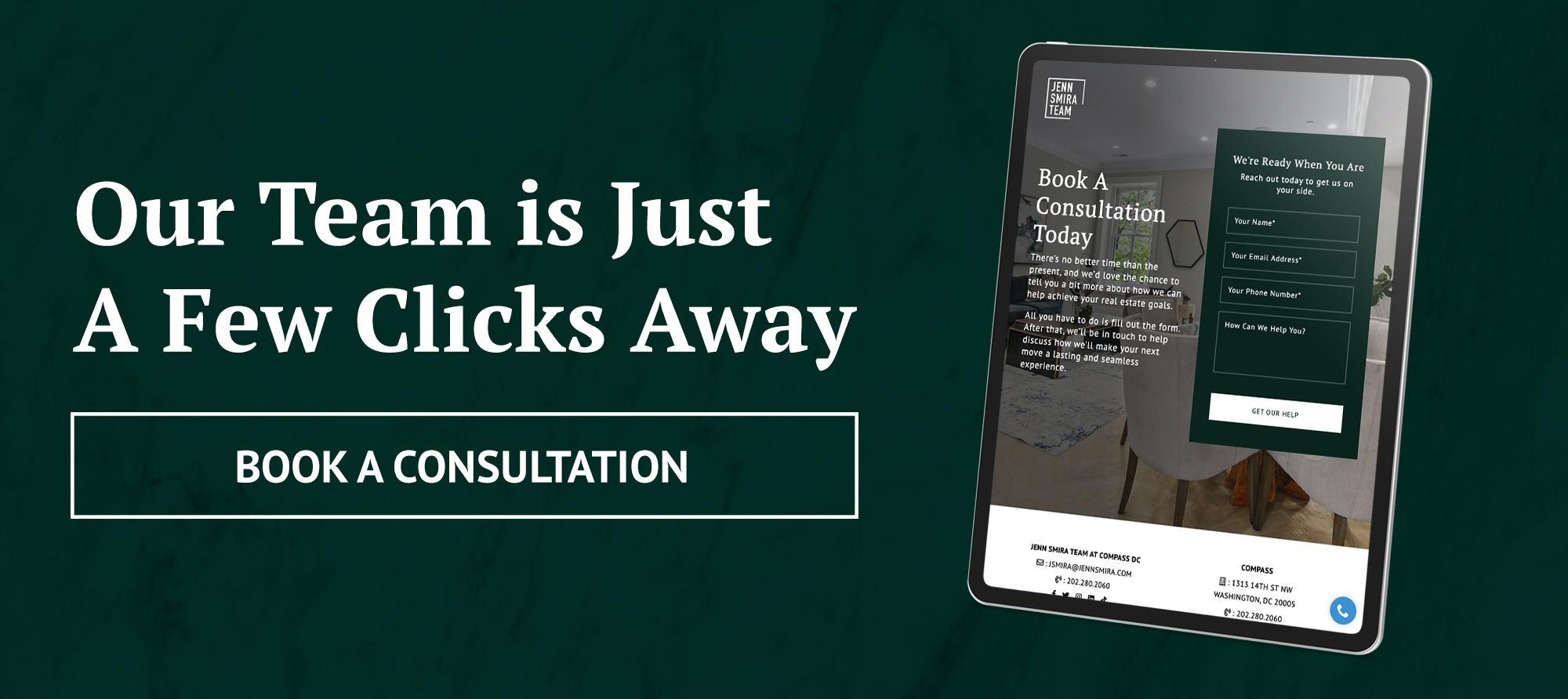
How To Help Your Child Buy A Home
Buying
In today’s world, many first-time homebuyers find themselves lost in a maze of student debt, rising home prices, and increasingly strict mortgage requirements. To combat these challenges, assistance from parents has become more common as a result.
The bottom line? Almost a quarter of homebuyers ages 22 to 30 reported that cash gifts from family and friends were a source of their down payments, according to the National Association of Realtors, with 5% saying they had received loans from relatives or friends. Of course — having the means to help your children make such a prized investment is a luxury, and one you shouldn’t leave to chance.
Keep reading to learn more about the best strategies behind helping your child buy a home today.
#1 Loaning Your Child Money: Loaning your child money to buy a home could be a great option if you have some money to give but would like to see it returned eventually. This is also a good option if your child doesn’t want to receive the home as a gift — a loan may leave them feeling less indebted or more in control of their financial future.
Wondering what interest rate you should charge on this type of loan?: For it to be mutually beneficial, you may consider charging less than a conventional loan interest but higher than the average investment yield (if the parent were to be investing this money in the stock market). If the loan is over $15,000 and you don’t charge an interest rate and are eventually audited, there could be negative consequences, as the loan will be perceived as a gift and would therefore carry different tax implications.
#2 Giving The Gift Of A Down Payment: Gifting your child the money they need to help buy a home could be a great way to give them the jump-start they need. It can also be the more simple, no-strings-attached counterpart to the loan approach. By helping your child reach the typical 20% down payment, you can help them secure a better mortgage rate and lighten their financial load for years to come. If 20% is out of your reach, any amount will help them, so don’t feel the pressure to provide the down payment in full.
➤ Want to learn more about buying a home in the near future? Read these posts next:
- How to Buy the House You Rent
- Should You Buy A Home When The Market’s Down?
- Why Work with an Agent to Buy Your Next Home
#3 Cosigning & Buying A House With Your Child: Another alternative to gifting or loaning is co-signing their mortgage. When you co-sign, you add the power of your credit history to their application and take responsibility if they default on the loan.
So — what does cosigning a loan entail? If you co-sign with your child, you can help them balance out their negative credit history, overcome employment requirements (if they’re self-employed), and obtain a larger loan. However, in this case, it’s crucial that you both understand the responsibilities and expectations before you sign or agree to anything. For instance: Can they really afford the larger loan payments? Maybe there’s a real reason they aren’t being approved for one in the first place.
Some potential negatives that come along with co-signing include becoming liable for payments if your child can’t make them, having a hard time getting out of the agreement once you’re in it, legal implications if they default on their loan, and the possibility of a hit to your own credit.
#4 Buying The House Outright: Some families may be in a financial situation where they can afford to buy a home for their children outright. However, it’s not always as simple as purchasing a property and handing it over. The gift tax comes into play in this situation, and if not planned properly, you could incur a 35% gift tax or higher depending on the amount.
Plainly put, to work around the gift tax, you’d have to gift a qualifying percentage of the property deed each year (based on the property value) until the home’s ownership is completely passed over to your child. In this case, parents would be the landlord of the property and get to recoup costs there as well, until ownership is passed over. Again, this can be a complicated process and should be discussed at length with an expert.
Still not sure which option is right for you? Connect with us today to come up with a game plan and put your mind at ease. Book a consultation here.



